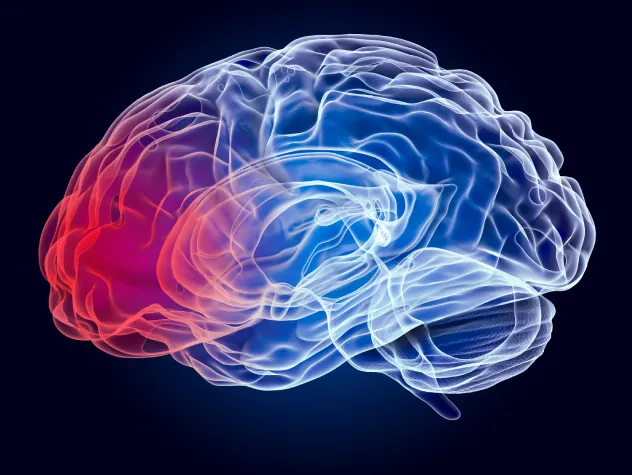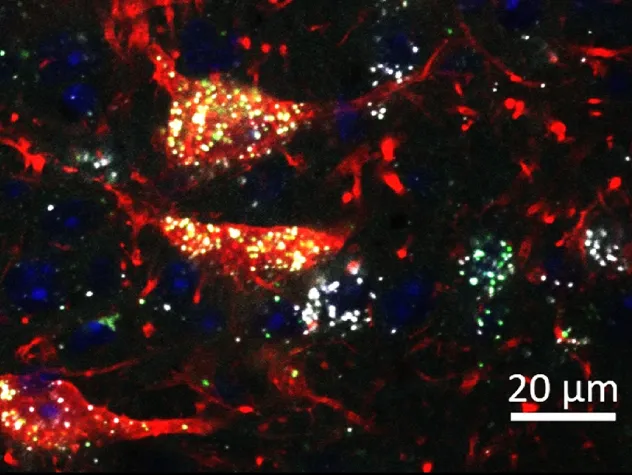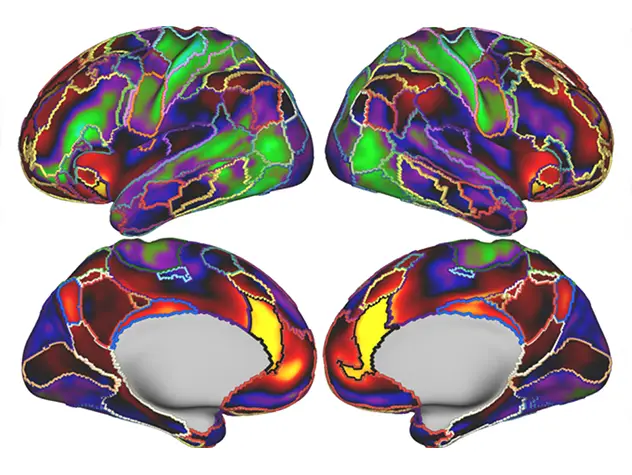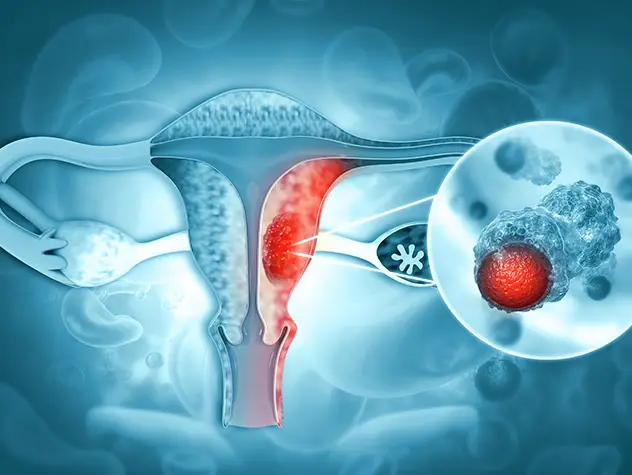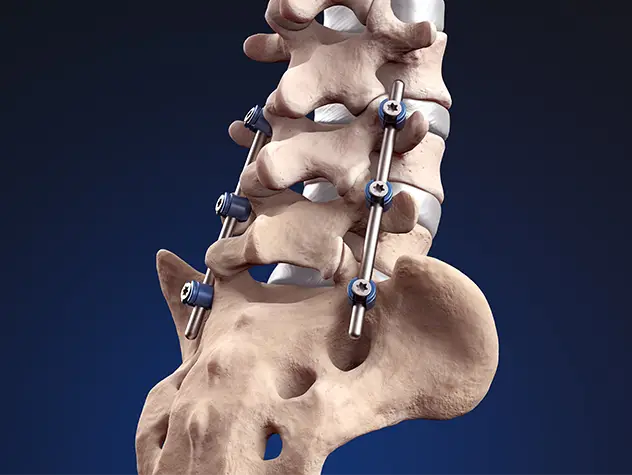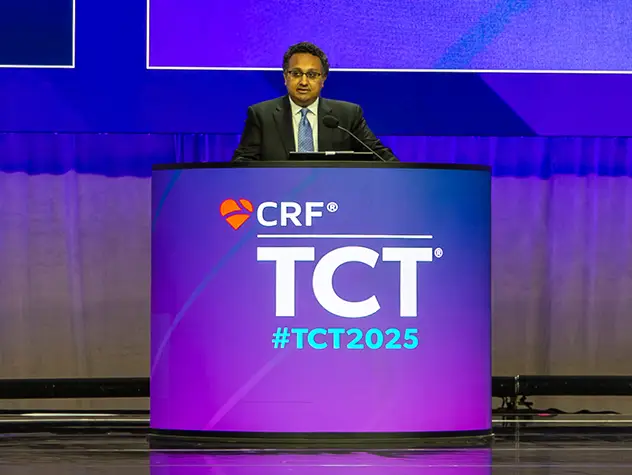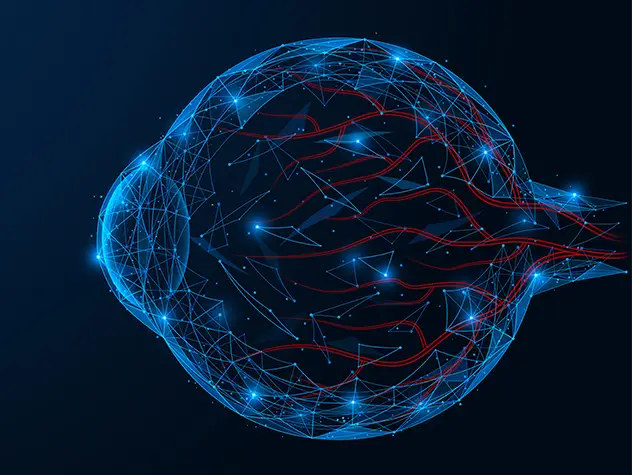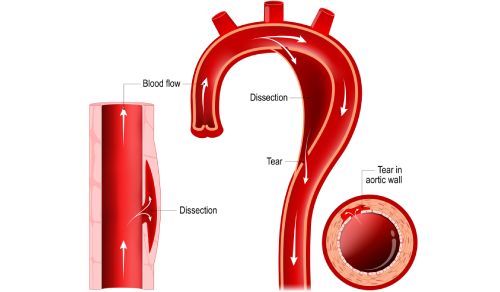Our distinguished child, adolescent, and adult psychiatric experts from Columbia and Weill Cornell Medicine are dedicated to improving quality of life for individuals living with mental health conditions through pharmacotherapy, psychotherapies, and neurostimulation. Our clinical care is complemented by pioneering research initiatives in novel therapeutics, functional neuroimaging, basic neuroscience, and genetics.
Psychiatry
Featured Updates
Neurological spine surgeons Dr. Andrew Chan and Dr. Dean Chou are using these newer techniques to provide patients with fewer complications and faster recoveries.
The Latest










